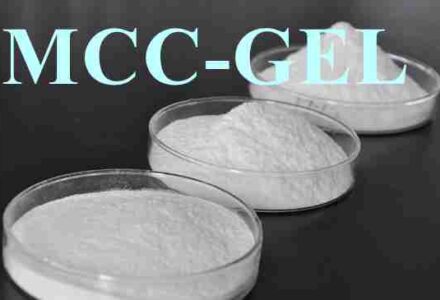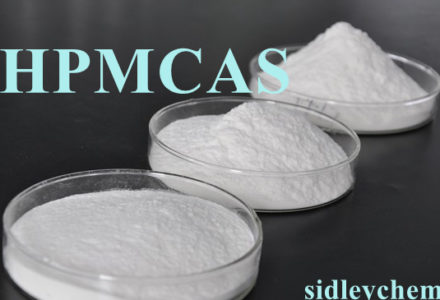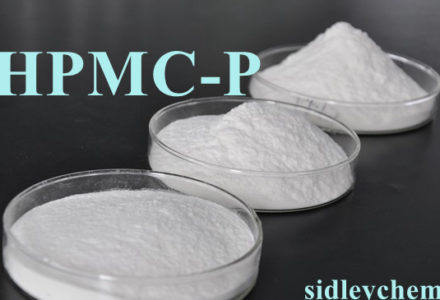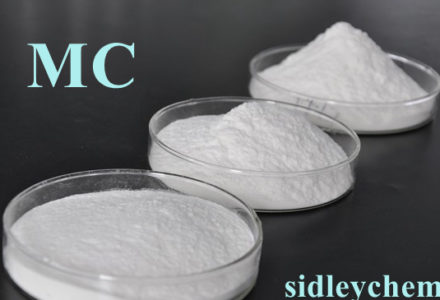The amount of water used for masonry mortar is 260-300 kg/m³, and the amount of cement used for traditional masonry mortar is 180-300kg/ m³. The main role of controlling the water retention rate is to ensure that too much moisture of mortar will not be absorbed by block materials before setting and hardening, and that.. read more →
The raw materials of masonry mortar mainly are cementitious materials, aggregates, admixtures and additives. Cementitious Materials Cement is the main cementitious material of masonry mortar. Currently the most commonly used are ordinary Portland cement, slag cement and etc., but slag cement is easy for bleeding, it should be kept in mind during use. Since.. read more →
The density of building mortar refers to the mass density of a certain proportion of uniformly mixed and stirred cementitious materials, sand and water. As for the component materials of mortar, their respective density is as follows: the apparent density of lime putty (1350kg/m³) > the bulk density of cement (1280kg/m³) > density of water.. read more →
The selection principle of ready-mixed mortar is that the use of wet-mixed or dry-mixed masonry mortar is determined by the situation of project and surrounding suppliers of ready-mixed mortar. If wet-mixed masonry mortar is selected for use, then the consistency and water retention of wet-mixed mortar should be determined by the types of block materials;.. read more →
First, masonry mortar is required to have good operability, including liquidity, cohesion and thixotropy. The mortar with good operability can easily form a uniform thin layer on the surface of rough block materials, and can be tightly bonded with the bottom surface. The use of mortar with good operability can not only facilitate the construction.. read more →




